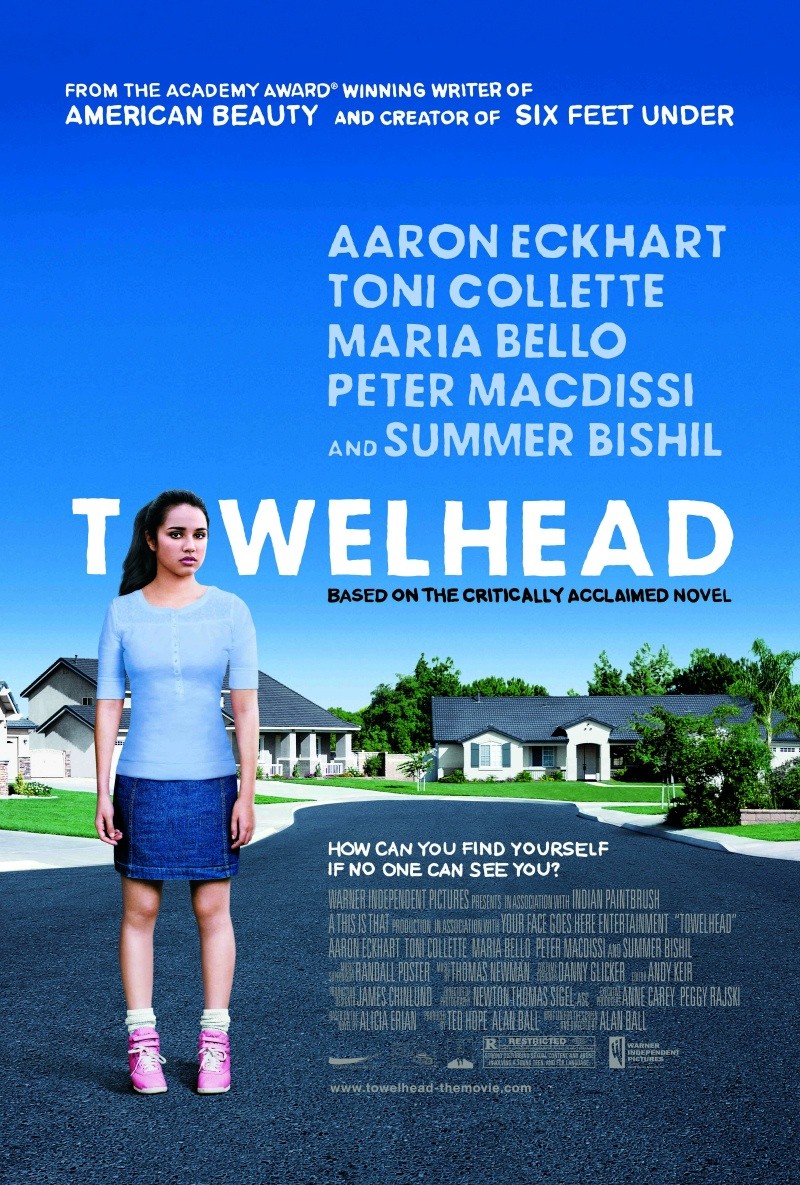FLOW: For Love of Water
Posted on September 11, 2008 at 6:00 pm
B+| Lowest Recommended Age: | Middle School |
| MPAA Rating: | NR |
| Profanity: | None |
| Alcohol/ Drugs: | None |
| Violence/ Scariness: | Disturbing material about water contamination and shortages, brief footage of riots |
| Diversity Issues: | A theme of the movie |
| Date Released to Theaters: | September 19, 2008 |
Americans take for granted our most precious and vital resource. We assume that when we turn on the tap, the water that comes out will be perfectly safe and more than plentiful, endless. And then there are those rows and rows of pristine water in bottles on our grocery store shelves.
But it isn’t safe and it isn’t endless. If global warming creates floods, many of us can move to higher ground. If we run out of oil, many of us can walk. But if we run out of water, it is all over for everyone just about immediately.
This documentary finds a good balance between terrifying statistics, depressing images, talking heads, and hopeful suggestions. The bad guys, according to the film, are the corporations who sell bottled water, removing it from communities by diminishing their sources for water so they can sell it back to them. And in a telling segment, we learn that the World Bank is better at giving away a billion dollars to build an ineffective water treatment facility that disrupts the local economy and ecology than they are at working toward lower-tech, lower-impact, lower-cost solutions. No one who sees this movie will think the same way again about reaching for that line of clear bottles at the grocery store or letting the shower run while you take a phone call. Ideally, no one who sees this movie will ever vote for a candidate again without finding out what he or she will do to keep our water safe and plentiful.

